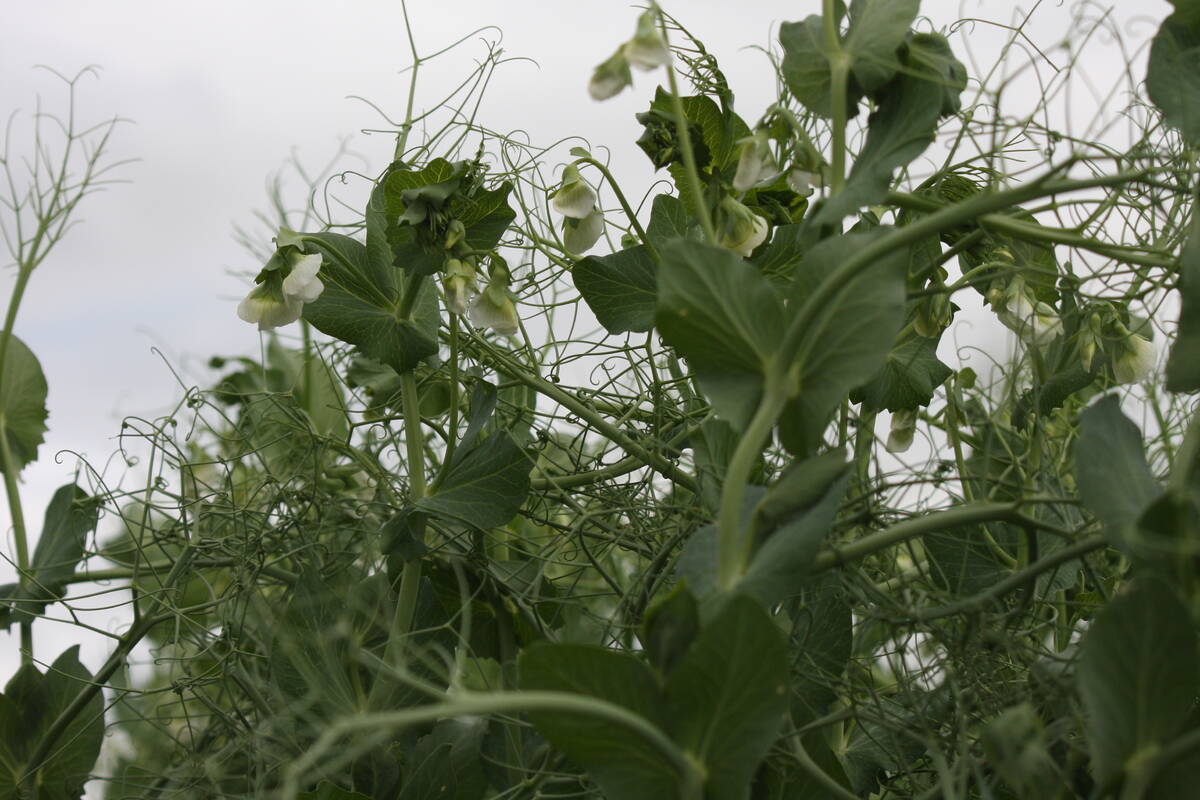Stock markets fell, crude oil fell and the Canadian dollar fell as the U.S. greenback rose.The latest blow to confidence came May 19 when German chancellor Angela Merkel moved unilaterally to ban some types of financial dealing that she described as destructive and said the euro was in grave peril.Financial markets bounced back somewhat at the end of the week when Germany’s parliament agreed to fund its portion of a $1 trillion safety net for the euro and European central bank president Jean-Claude Trichet said the euro was not in danger.But markets are likely in for more uncertainty in the weeks to come.Fortunately, crop markets held on fairly well last week.In fact, the Winnipeg ICE canola futures contract closed the week down only $1.40 per tonne from the previous Friday, benefiting from the sharp decline in the loonie.The fact that crop prices have not fallen further is good news, given prospects for larger Canadian canola and U.S. corn and soybean crops this year, following on the heels of bumper South American crops.Prices could fall once the entire crop is seeded, particularly if there is benign weather in June and July in North America.But unlike a month ago when it seemed every major growing region in the world was looking at a good growing season, there now are concerns.China’s problems are discussed on page 6.Key crop areas of France and Britain have had almost no rain in a month.French oilseed institute, Cetiom, drew reference last week to the ongoing dryness and said there could be “very mixed yield results.”Ukraine, a key rapeseed supplier to Europe, also has crop problems.And Western Australia is dry, although showers were forecast for the May 22 weekend.
Read Also

High pea yields shock farmers
There is going to be a massive pea carryout at the end of this crop year.














